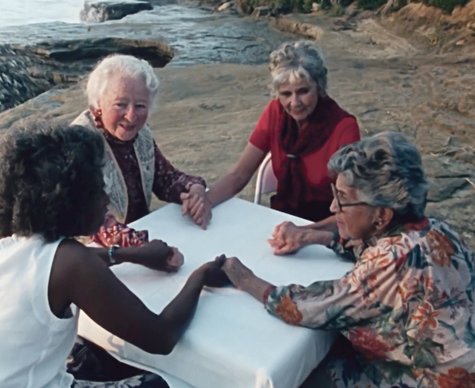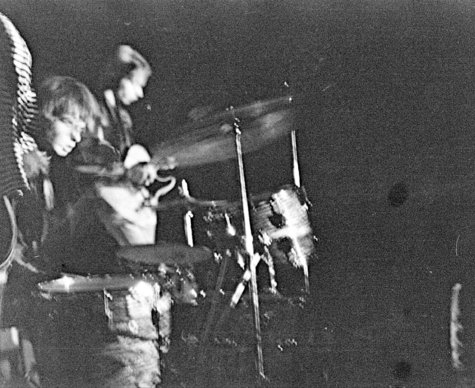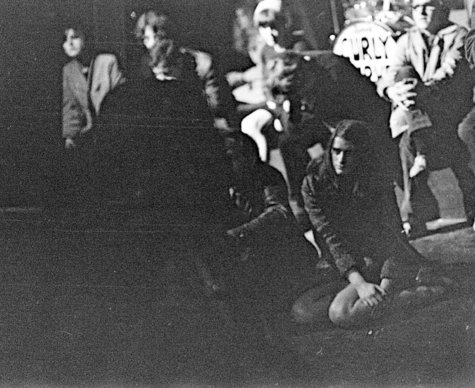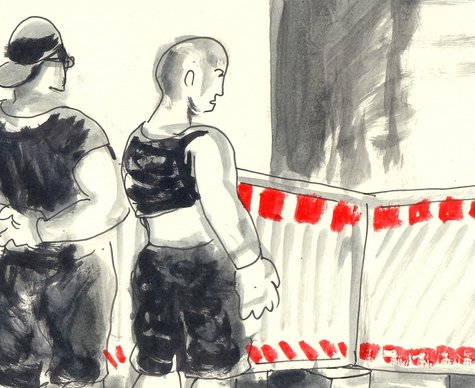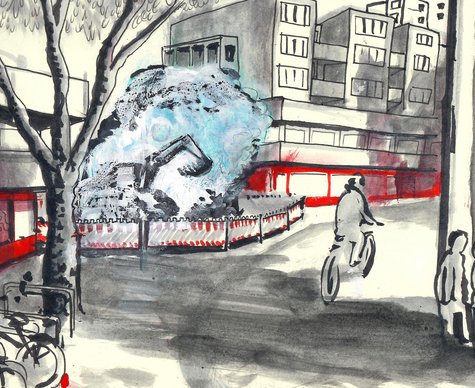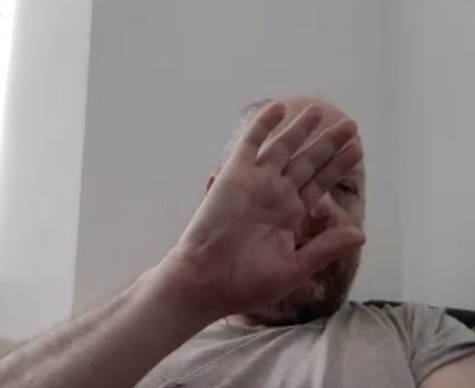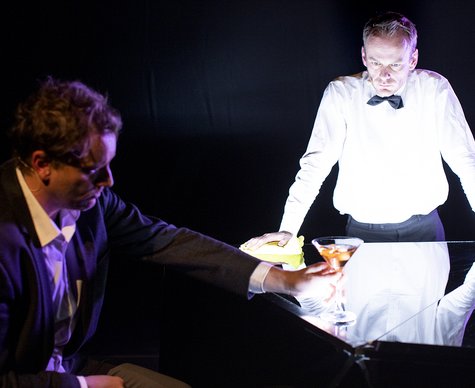A film by: Adam Curtis
Adam Curtis
The Century of the Self, Part 3 & 4 (UK 2002, 120min)
Part 3: There is a Policeman Inside All Our Heads: He Must Be Destroyed. Part 4: Eight People Sipping Wine in Kettering
Part of the "Adam Curtis Weekend"
- Film
Three: There is a Policeman Inside All Our Heads: He Must Be Destroyed (60min)
In the 1960s, a radical group of psychotherapists challenged the influence of Freudian ideas in America. They were inspired by the ideas of Wilhelm Reich, a pupil of Freud's, who had turned against him and was hated by the Freud family. He believed that the inner self did not need to be repressed and controlled. It should be encouraged to express itself. Out of this came a political movement that sought to create new beings free of the psychological conformity that had been implanted in people's minds by business and politics.
This film shows how this rapidly developed in America through self-help movements like Werner Erhard's "Erhard Seminar Training" - into the irresistible rise of the expressive self: the Me Generation. But the American corporations soon realised that this new self was not a threat but their greatest opportunity. It was in their interest to encourage people to feel they were unique individuals and then sell them ways to express that individuality. To do this they turned to techniques developed by Freudian psychoanalysts to read the inner desires of the new self.
Four: Eight People Sipping Wine in Kettering (60min)
This episode explains how politicians on the left, in both Britain and America, turned to the techniques developed by business to read and fulfil the inner desires of the self. Both New Labour, under Tony Blair, and the Democrats, led by Bill Clinton, used the focus group, which had been invented by psychoanalysts, in order to regain power. They set out to mould their policies to people's inner desires and feelings, just as capitalism had learnt to do with products.
Out of this grew a new culture of public relations and marketing in politics, business and journalism. One of its stars in Britain was Matthew Freud who followed in the footsteps of his relation, Edward Bernays, the inventor of public relations in the 1920s. The politicians believed they were creating a new and better form of democracy, one that truly responded to the inner feelings of individual. But what they didn't realise was that the aim of those who had originally created these techniques had not been to liberate the people but to develop a new way of controlling them.
Cast
Dates
Location
HAU1
Stresemannstr. 29, 10963 BerlinThere are two marked parking spots in front of the building. Access to the Parkett by means of a separate entrance with lift when necessary. Barrier-free restroom facilities are available. Tickets for wheelchair users and accompanying persons can be booked via the ticketing system. If you need any help, please contact our Ticketing & Service team at +49 (0)30 259004-27 or send us an email at
tickets@hebbel-am-ufer.de.
























